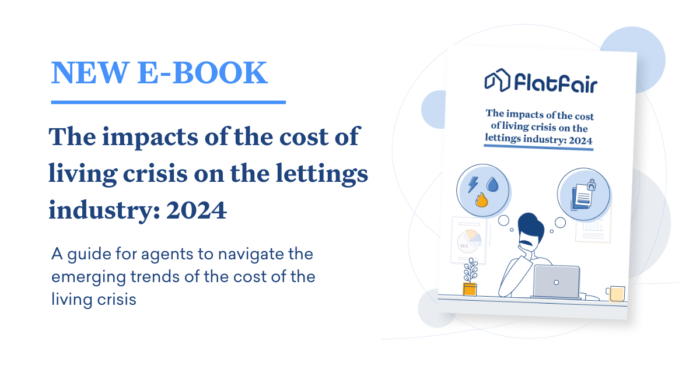Agents Apr 15, 2024 < 1 min read
E-BOOK: The impacts of the cost of living crisis on the lettings industry 2024
The escalating cost of living has rapidly and significantly impacted the UK lettings industry. Agents are working…

‘What does Covid-19 mean for the UK’s rental market’ is the million dollar question that every agent, landlord and tenant want to know the answer to.
How can landlords start preparing as the market transitions to a new normal as lockdown restrictions ease?
While furloughing has helped many people keep their jobs, it is expected that there will be a rise in redundancies as the scheme is wound down. This will be especially true of sectors like retail and the gig economy which employ many renters.
The simple takeaway for landlords from this is: if renters lose their jobs, they will struggle to pay their rent. An increase in rent arrears will be the likely consequence.
Start talking. It is encouraged by the government that landlords should start by creating an open conversation with their tenants about the possibility of any rent arrears. They have made it clear that landlords who hope to evict tenants once the current moratorium is over will need to provide evidence that they have engaged with their tenant about a rental repayment plan before any possession proceedings take place.
Stay compliant. It’s natural that many landlords will have spent less time inspecting their properties in recent months, and with lockdown being relaxed this is a great time to ensure key forms are up to date, and that tenants remain safe. Check out our previous blog for all the info you need.
Our new and free to use online platform Resolve helps landlords talk to their tenants about rent arrears and agree on a repayment plan. Tenants are also able to use the platform for free but can only flag financial distress and accept or reject payment plans proposed by the landlord.
More than ever, it is clear that homes need to be spaces where tenants can work, live and play. Very few people will be selecting their next property to live-in assuming that they will only spend about 10 percent of their time there.
Landlords need to think about tailoring their spaces to meet these demands, whether that is through doing some repairs to an unused balcony, or putting in office desks into furnished apartments.
We can’t say for sure what the future holds and while lettings activity is still pacing slightly behind recent years, as restrictions ease, it’s likely that people will be looking for a change of scenery.
As people feel more comfortable venturing into a new property and we begin to recover, we shouldn’t forget that our actions as an industry now will be reflected in the attitude of tenants in the future. By working to support everybody through the crisis today we can ensure a prosperous tomorrow.

The escalating cost of living has rapidly and significantly impacted the UK lettings industry. Agents are working…

Deposit alternatives are becoming increasingly popular – in part due to the cost of living crisis. Tenants…